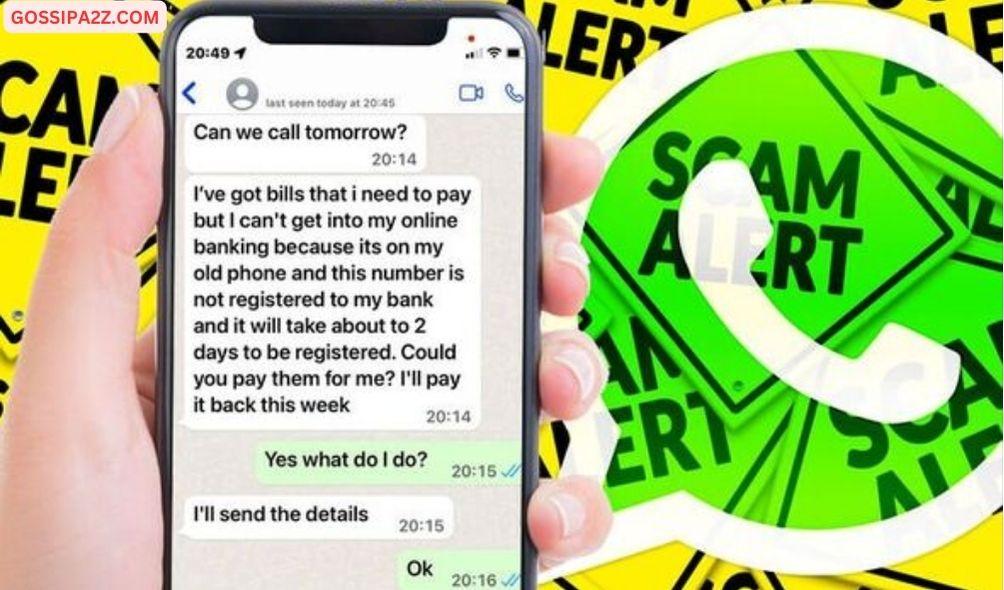DCI Raises Alarm Over Phishing Technique Being Used to Scam WhatsApp Users
The DCI cautioned Kenyans about fresh tactics employed by scammers aiming to deceive unsuspecting individuals on WhatsApp.
As per DCI, scammers employ a method called phishing to illicitly obtain mobile and personal information of unsuspecting individuals without permission.
Investigators observed that fraudsters frequently entice individuals using fraudulent job postings, often distributed as work-from-home (WFH) opportunities or other types of employment offers.
“Once you respond, the scammer tells you it is a simple job and all you have is to complete a few tasks. This may come with a financial incentive or bait,” DCI noted in a statement.
According to DCI, tasks are then forwarded to the victim after which they are asked to take a screenshot once they complete the task.
“The scam moves to phase two. The scammers act as if there are some difficulties in transferring the amount and will ask you to download an app for easy transfer,” read the statement in part.
ALSO READ:
- “Two Groups, One Agenda”: Gachagua Accuses Raila of Secret Political Deals
- Exclusive: Ida Odinga’s 75th Birthday Party in Karen (Photos)
- FKF President Discloses Exact Amount Paid to Harambee Stars Players
- Gachagua’s Ally Senator John Methu Admits Ruto Might Win 2027 Elections
- Maraga Explains Why He Hasn’t Campaigned in Kisii Despite 2027 Bid
The DCI additionally disclosed that these messages consistently carry malicious software or trojans designed to grant unauthorized access to both your mobile device and personal data.
Phishing incidents specifically targeting WhatsApp involve cyber fraudsters deceiving users to divulge sensitive data such as passwords, credit card information, or even banking credentials.
Scammers commonly utilize different methods, such as taking advantage of unanswered calls. When individuals respond to these calls, the scammers illicitly obtain access to confidential information.
After an increase in such incidents, the DCI cautioned Kenyans against responding to messages from unfamiliar numbers that propose job opportunities or any other forms of offers.
“It is advised to block such numbers right away,” DCI noted.
A photo of Meta CEO Mark Zuckerberg during the launch of WhatsApp Cloud API on May 19, 2022
“Do not download any app or click a link that seems suspicious or that an unknown individual suggests.”

DCI Raises Alarm Over Phishing Technique Being Used to Scam WhatsApp Users
